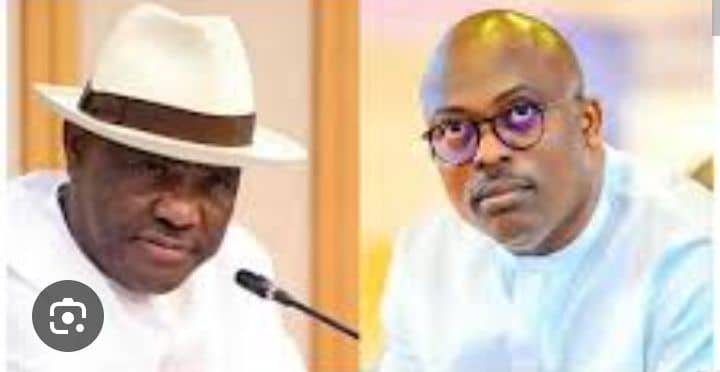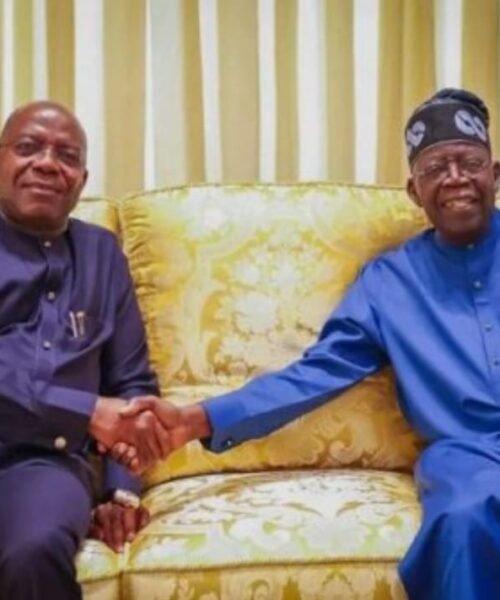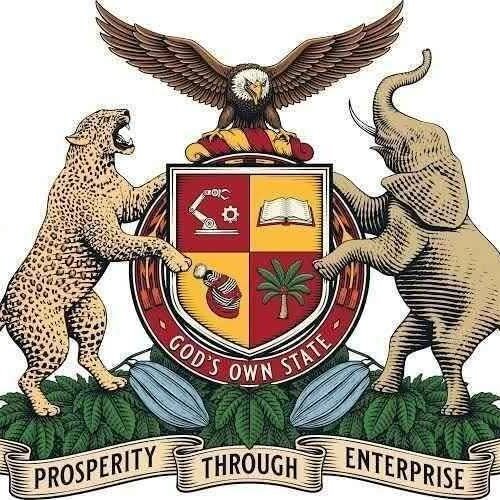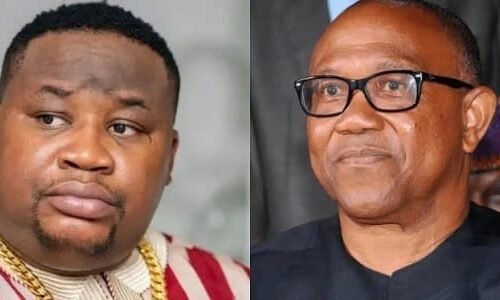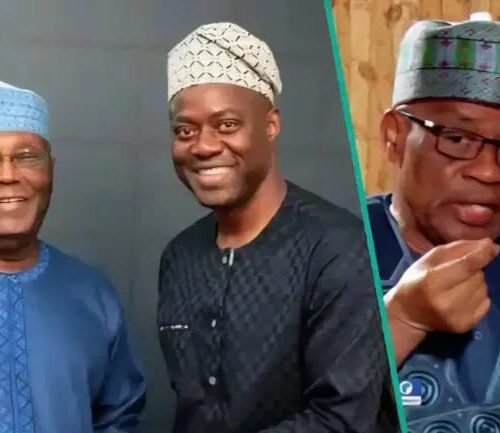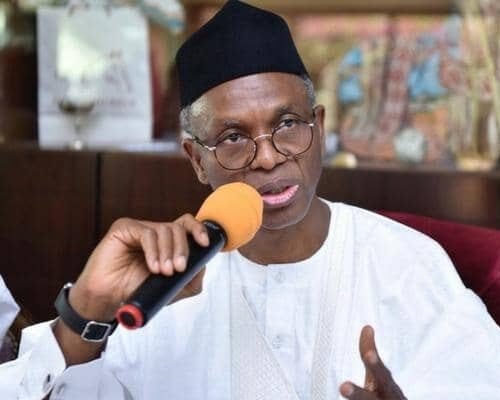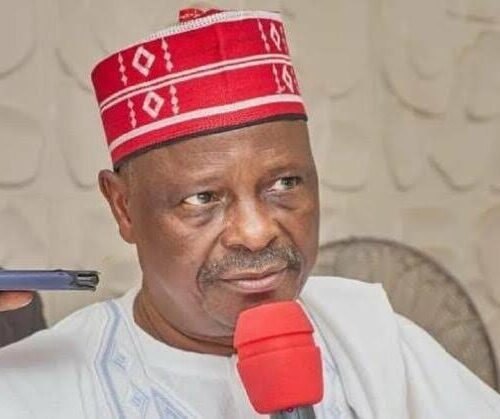The Leopard’s Skin: Resilience and Unity in Rivers State’s Hour of Trial
Rivers State, often described as the “treasure base of the nation” for its vast oil reserves, finds itself at a crossroads where the fragility of its socio-political fabric mirrors the intricate patterns of a leopard’s skin—distinct yet interconnected. Home to over 5 million people, the state contributes approximately 40% of Nigeria’s oil output, a resource that fuels 90% of the country’s foreign exchange earnings. Yet, beneath this economic prowess lies a simmering crisis. Recent political tensions, compounded by economic hardship and societal fractures, threaten to unravel decades of progress. Like the leopard’s skin, which symbolizes both beauty and resilience, Rivers State must now draw on its inherent strength to navigate this perilous moment.
The stakes could not be higher. Unemployment in Rivers State hovers around 41%, far exceeding the national average of 33%, while inflation rates surpassing 28% have crippled household budgets. For the ordinary citizen, these statistics translate into daily struggles for food, healthcare, and education. The state’s reliance on oil—a sector plagued by volatility—has left its economy vulnerable. Over 70% of residents live below the poverty line, a stark contrast to the wealth flowing from its 1.7 million barrels of daily crude production. This disparity fuels frustration, creating fertile ground for political exploitation. Recent clashes between factions have displaced thousands and disrupted oil facilities, slashing output by an estimated 300,000 barrels per day and costing the national economy billions of naira.

Amid these challenges, the politicization of grievances risks exacerbating tensions. Critics of President Bola Ahmed Tinubu and Governor Siminalayi Fubara have seized on public discontent, framing governance missteps as existential failures. Yet, as the Rivers State House of Assembly Caucus recently underscored, peace is not merely the absence of conflict but the presence of justice and opportunity. Their appeal for unity—urging youth to align with Tinubu and Fubara’s visions—highlights a critical truth: unrest’s scars, once etched, endure for generations. Nigeria’s history, from the Niger Delta militancy to the #EndSARS protests, offers grim reminders of how quickly discord can spiral.
To navigate this juncture, Rivers State must embrace the leopard’s metaphorical resilience. This demands dialogue anchored in empathy, not ideology. Communities, leaders, and security forces must prioritize de-escalation, recognizing that violence erodes the very infrastructure—schools, hospitals, roads—that underpins development. Governor Fubara’s administration, in partnership with federal authorities, must accelerate poverty-alleviation initiatives, leveraging the state’s oil wealth to diversify the economy and create jobs. Transparency in resource allocation, coupled with grassroots engagement, could rebuild trust frayed by decades of marginalization.
The leopard’s skin, with its unique spots, also symbolizes unity in diversity. Rivers State’s ethnic and political pluralism should be a strength, not a wedge. Forgiveness and reconciliation, however arduous, offer the only path to lasting stability. As the caucus wisely noted, “The time is not for blame but for collective responsibility.” National and state leaders must model this ethos, rejecting divisive rhetoric and focusing on shared goals: security, prosperity, and equity.
Ultimately, Rivers State’s trials are a microcosm of Nigeria’s broader struggle to balance resource wealth with human welfare. The leopard does not shed its skin; it wears it as armor. Similarly, Rivers State must harness its resilience, channeling present challenges into a catalyst for renewal. By choosing peace over discord, inclusion over division, and hope over despair, the state can emerge not just intact but transformed—a testament to the unyielding spirit captured in the majesty of the leopard’s skin. The hour is critical, but the promise of unity and progress remains within reach.

Dr Chukwuemeka Ifegwu Eke writes from the University of Abuja Nigeria

